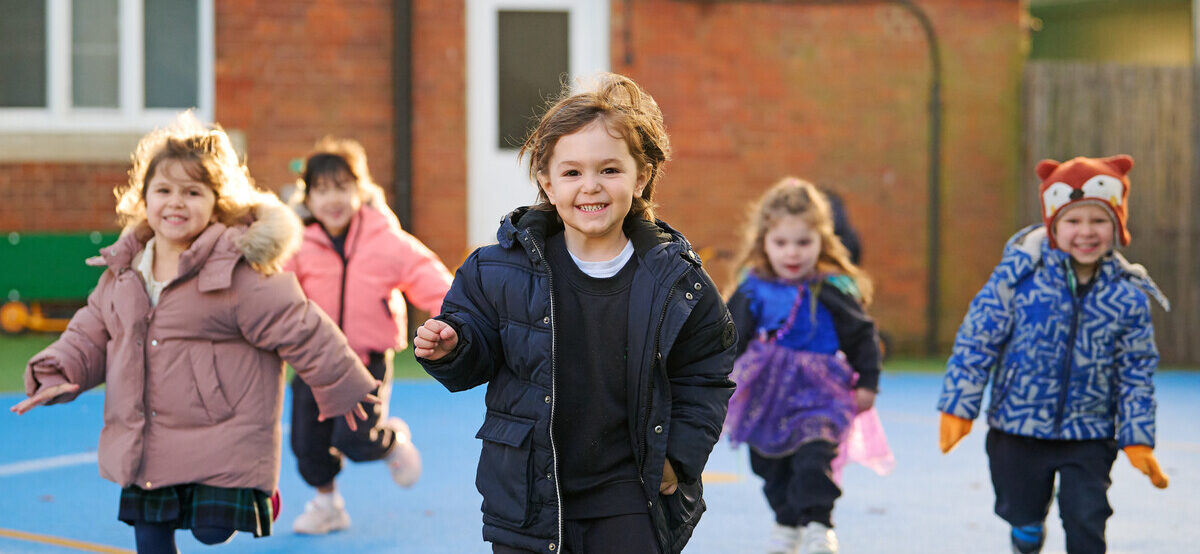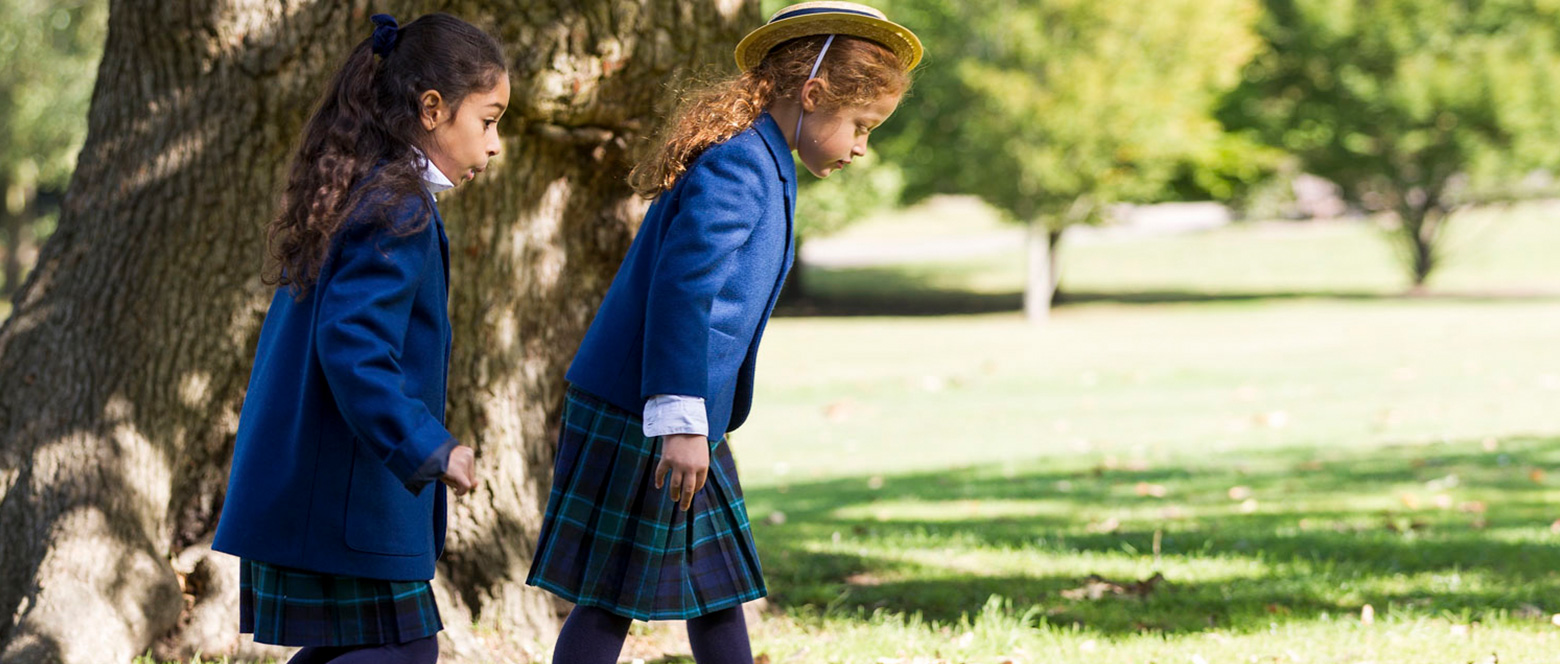Mindfulness In The Classroom
26th May 17
What do legs feel like from the inside?
Which animal is your mind like right now?
Since waking up this morning, what have you done on autopilot?
Year 3 have been busy exploring unusual questions like these in recent weeks during their PSHE lessons. As part of an introduction to mindfulness, the girls experimented with the focus of their minds and learnt a variety of calming and anchoring techniques. This helped them tackle some fun challenges involving Maltesers , chillies and balloons. A ‘beditation’ exercise even led some girls to such a deep sense of relaxation that they dropped off to sleep on the classroom floor.
The girls thoroughly enjoyed the light-hearted approach of the .b course* taught by Sandra Lipner as developed by the Mindfulness in Schools Project (MiSP). They playfully learnt the basics of a mindfulness practice to help maintain a happy and healthy mind. Leading neuroscientist Daniel Siegel has shown that well-being is the result of our brain achieving and maintaining a state he calls integration, “a process by which separate elements are linked together into a working whole.”[1] Practising mindfulness leads to just this and is therefore a useful tool to pass on to our pupils in school. Contemplative prayer and meditation achieve the same results, or to put it in Christian terms they open us up to an experience of God’s presence in our lives. After all, St Anthony’s gift for preaching revealed itself to him time and again when he was in this state of mindful integration. Following in his footsteps, Year 3 have now had a taste of how they can harness their full mental capabilities through relaxation, focussed attention and kindness. Who knows what treasures they’ll discover about themselves!
* What is .b ? .b is a fun, engaging and useful mindfulness course for young people, adapted from the adult courses Mindfulness-based Stress Reduction and Mindfulness-based Cognitive Therapy. It has been evaluated positively by the University of Cambridge and Oxford Brookes, and can be used in a wide range of contexts and age ranges.
What .b ISN’T : Boring • Hippy Dippy • Yoga • Religious • Therapy
[1] Siegel, Daniel, “Why Meditative Practice Creates Well-Being in our Bodies and Minds.” SC (Summer 2010), p.76. http://www.drdansiegel.com/uploads/SuperConsciousness%20article.interview.pdf



